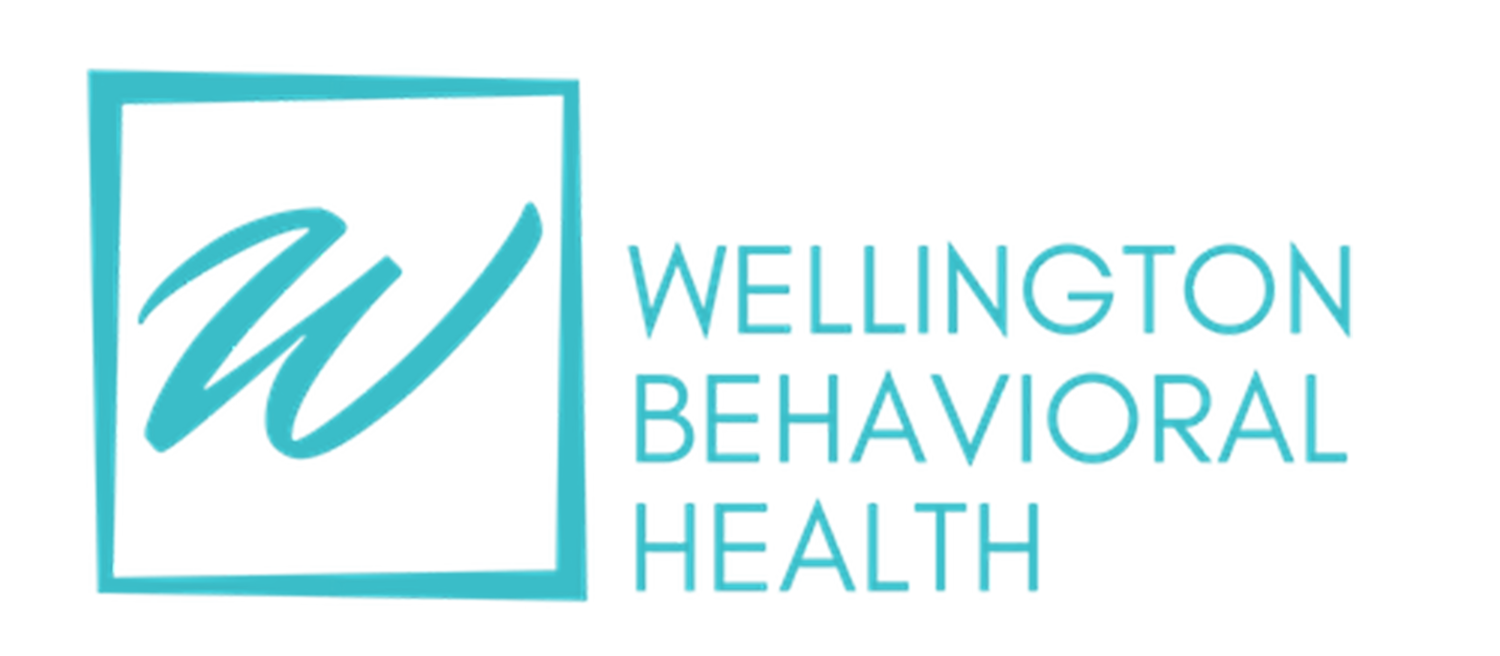Athletes are just susceptible to mental health concerns as every else — if not more so. After all, the pressure to train, compete, and ultimately win is a heavy load to carry. The same is true for equestrians, many of whom live and train in Wellington, Florida, the horse-riding capital of the world.
In today’s blog post, I want to explore mental health in the equestrian community.
There are many reasons that equestrians face an increased possibility of mental health problems. In fact, research suggests that equestrian sport is one of the most high-risk sports on land with many health hazards associated with the sub-disciplines of the sport, such as competitive racing and the need to “make weight” (1).
To start, it’s a demanding lifestyle with little predictability. You could train for a competition for months, only to have your horse injured in warm-ups that morning. It’s also a sport that comes with a lot of losses, which can negatively impact your self-esteem and self-worth. It can be incredibly isolating, with hours spent alone on the back of your horse. Finally, the sport comes with a heavy financial burden as well as a lot of social comparison (only made worse by social media).
One systematic review noted that there is a greater risk of mental health concerns for injured athletes, those experiencing performance struggles, or those on the verge of retirement — all common predicaments for equestrians. The same study also revealed that athletes tend to not seek help for mental health problems. This decision may be driven by social stigma and/or a lack of understanding around the connection between mental health and performance (2). Specifically, in the equestrian community, there is a prevalent culture of toughness, a belief that showing emotions or admitting to problems is a sign of weakness.
Athletes are often impacted by eating disorders and body image struggles too.
These issues are more common in sports that require tight-fitting uniforms (3) and smaller body types (4), like gymnastics and equestrian sports. For instance, equestrian riders may feel pressure to be a particular weight or shape because of the clinging breeches and tops. Unsurprisingly, rates of eating disorders are higher for female athletes (4).
These athletes are often driven by perfectionism too, which can lead to anxiety, depression, and low self-esteem. As mental health issues pile up, it takes a toll on a rider’s wellbeing and can lead to burnout.
Ultimately, it’s just as important for equestrian riders to care for their mental health as it is to care for their physical health.
The first step? Talking openly about mental health and creating a safe community where riders feel safe seeking help.
Discover the possibility of living a meaningful life. Discover the possibility of recovery. Reach out to Dr. Benaaz Russell, PsyD, CEDS-S, today to schedule an appointment!
References
Butler-Coyne, Hannah & Shanmuganathan-Felton, Vaithehy & Taylor, Jamie. (2018). Mental Health in Equestrian Sport. Journal of Clinical Sport Psychology. 13. 1-26. 10.1123/jcsp.2018-0002.
Rice, S.M., Purcell, R., De Silva, S. et al., The Mental Health of Elite Athletes: A Narrative Systematic ReviewSports Med (2016) 46: 1333.
Reel, Justine J., Eating Disorders and Body Image Anxiety Current Issues In North American Sport Psychology: Identification And Prevention Of Weight Pressures And Body Image Concerns Among Athletes, Current issues in North American Sport Psychology, University of Utah (2011).
Byrne S., McLean N., Elite Athletes: Effects of the Pressure to be Thin, J Sci Med Sport. (2002) 5(2):80-94.

